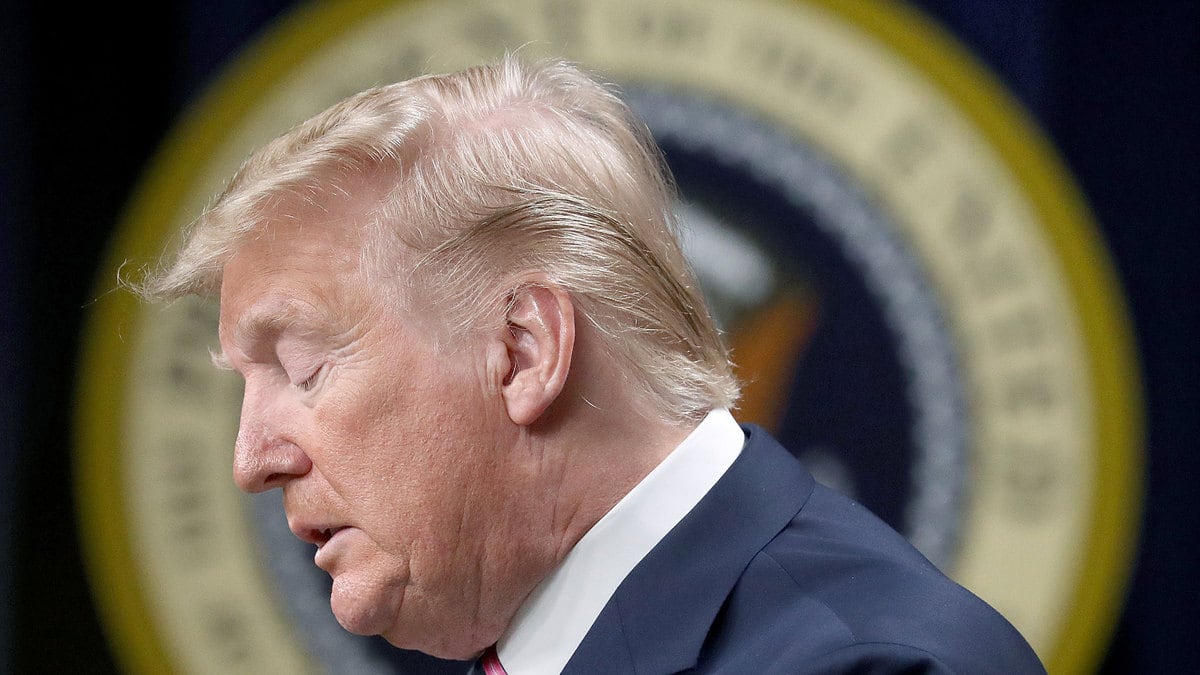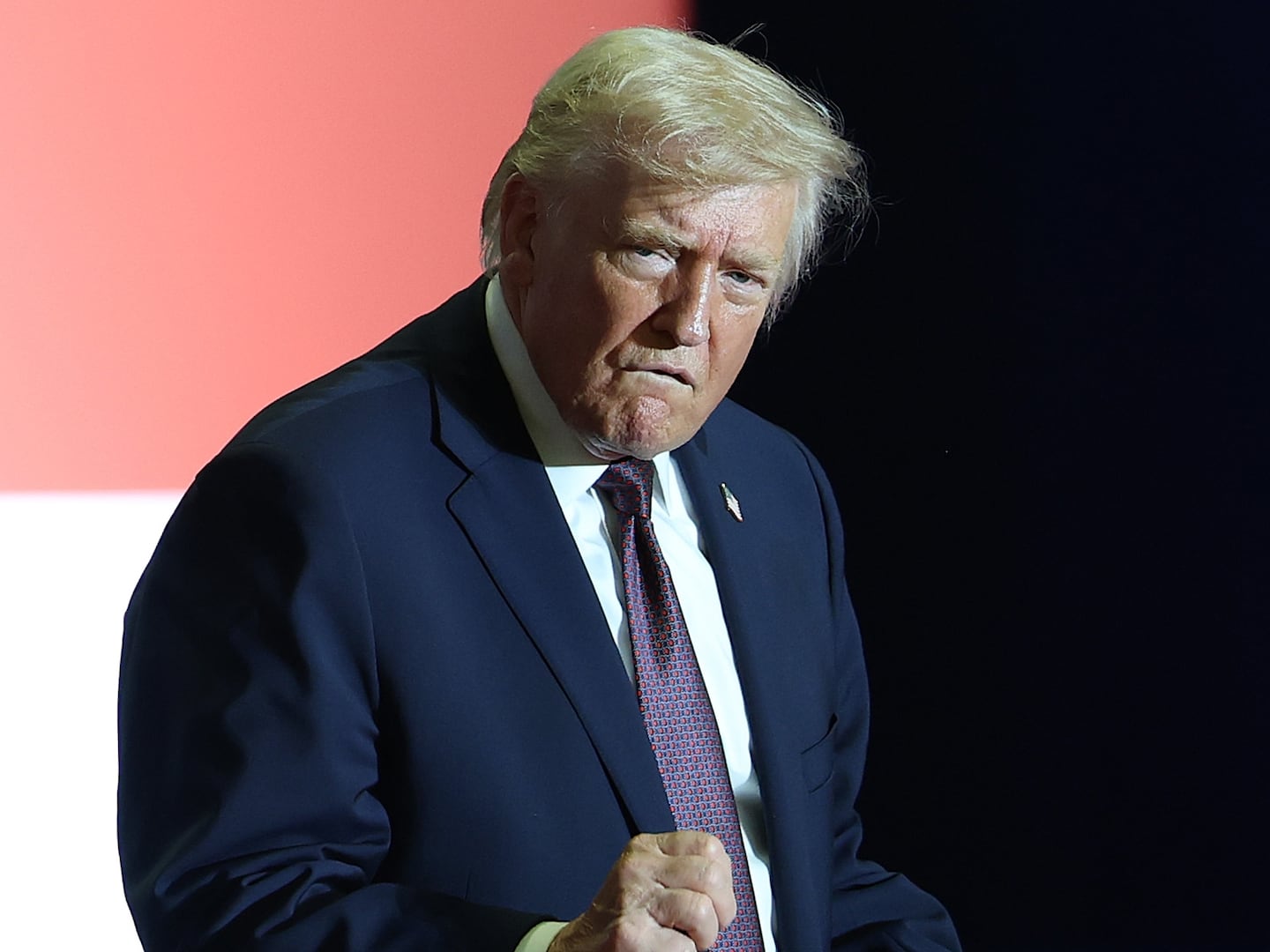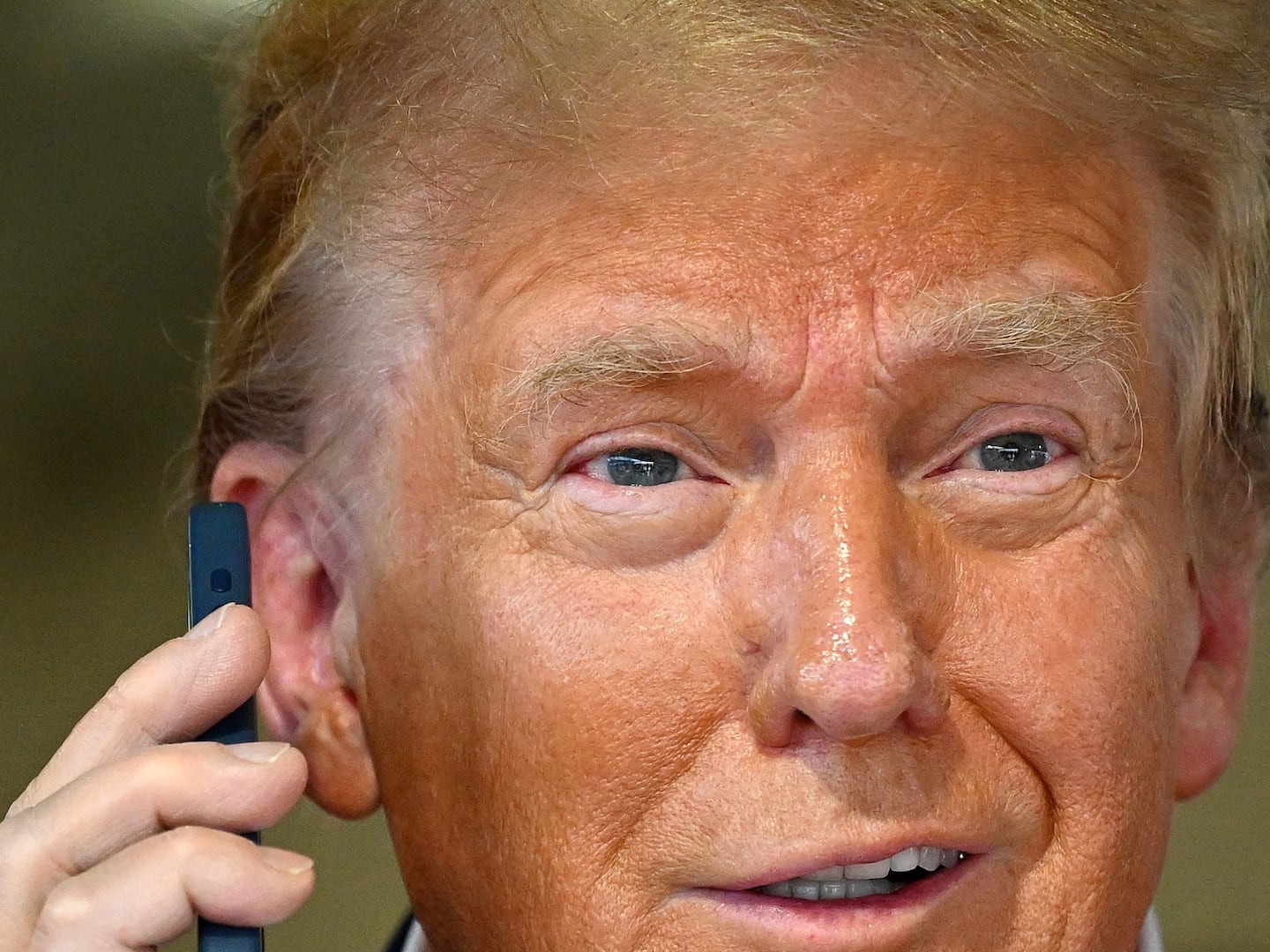Donald Trump is as brazen a criminal as you will find. And for those who want to deter Trump from committing more/worse crimes in the future, then the last/best shot we may have is if the House simply impeaches him but doesn’t send the articles of the impeachment to the Senate where Trump will almost certainly be acquitted.
When I say Trump is a criminal, that’s not just my opinion. The House Judiciary committee’s 169-page report released Monday that details the grounds to impeach Trump states point blank that Trump committed “multiple federal crimes.”
And as opposed to the articles of impeachment approved last week by House Judiciary Committee, which were more general, this report cites the exact federal statutes the committee argues Trump violated.
First, the report points to the federal criminal bribery statute, 18 U.S.C. Section 201, stating that while “Trump’s actions need not rise to the level of a criminal violation to justify impeachment, his conduct here was criminal,” as the authors then make the case why his conduct fulfills all the elements of the “federal anti-bribery statute.”
They then turn to Trump committing wire fraud in violation of 18 U.S.C. Section 1346, writing that “Trump knowingly and willfully orchestrated a scheme to defraud the American people of his honest services as President of the United States.”
Specifically, they note that “Trump’s July 25 call to President Zelensky, as well as his July 26 call to Ambassador Gordon Sondland, both were foreign wire communications made in furtherance of an ongoing bribery scheme.” The authors explain that that this criminal offense alone is punishable by “up to twenty years imprisonment.”
The report also importantly addresses the why behind impeaching Trump, writing that impeachment exist, “not to inflict personal punishment for past wrongdoing, but rather to protect against future Presidential misconduct that would endanger democracy and the rule of law.” So the question is, given who Trump is, what’s the best way to deter him from committing more crimes while in office?
Obviously, the only certain way to do that is Trump being removed by the Senate after his trial. But we all know as things stand that won’t happen. The Senate “trial” is the very definition of a rigged proceeding. Mitch McConnell made that clear again Tuesday morning when he rejected the call by Senate Democrats to compel the testimony of people who have vital evidence relevant to Trump’s misconduct but who Trump has blocked from testifying, most notably White House Chief of Staff Mick Mulvaney and former National Security Advisor John “I am not part of whatever drug deal [Gordon] Sondland and Mulvaney are cooking up” Bolton.
Add to that McConnell declared last week that “there is no chance the president is going to be removed from office," while openly stating he’s working “in total coordination” with Trump’s lawyers. This is third world country BS.
Even apart from McConnell, for Trump to be found guilty, 20 Republican senators would have to put America over their party and vote to convict. In other words, never happening.
Thus, after Trump is impeached by the House, he will be acquitted by the Senate, enabling him to not only declare he was exonerated, but making him more emboldened. He will truly feel untouchable given that neither the Mueller investigation nor impeachment laid a glove on him. That means there are no limits to what Trump may do in 2020 to win re-election.
In fact, with Trump facing impeachment for his actions regarding Ukraine, there was Trump on Monday defending his personal lawyer Rudy Giuliani’s continued efforts to secure help from Ukrainian nationals to help Trump gather “dirt” on Joe Biden.
The best chance to possibly—and I mean just possibly—deter Trump from future misconduct is to have the House impeach him and then not send the articles of impeachment to the Senate for a trial. House Democrats can in essence keep the impeachment process open and add more articles of impeachment if Trump commits future wrongs that might just possibly move 20 GOP senators to join Democrats in removing him.
Will the U.S. Constitution allow House Democrats to do this? Well, like so many things concerning impeachment, there’s no definitive answer. The Constitution provides few details other than the House shall have the “sole power of Impeachment” and “the Senate shall have the sole Power to try all Impeachments.”
That means the Senate rules on impeachment, enacted in 1986, will be controlling. These rules don’t state that once impeachment articles are passed by the House, the Senate must begin a trial. Rather, the rules provide that after the House notifies the Senate that impeachment managers have been appointed, they “are directed to carry articles of impeachment to the Senate,” where the Senate will receive them after the House managers declare they are “ready to exhibit articles of impeachment.”
Only after these articles of impeachment are presented by the House managers to the Senate is the Senate obligated to act: “Then the Presiding Officer of the Senate shall inform the managers that the Senate will take proper order on the subject of the impeachment.”
It would appear, then, that the House could pass the articles and neither appoint House managers nor present the articles to the Senate. Of course, there’s a chance that McConnell will claim that after the House impeaches a person, the Senate can still hold a trial in order to exonerate Trump. But as a practical matter who would prosecute the case if the House has not appointed managers?
An open-ended impeachment hanging over Trump’s head may—or may not—deter Trump from committing future crimes. Perhaps at the very least it angers Trump so much that he hasn’t been exonerated by the Senate that it will distract him from plotting more misconduct. But it will hopefully send a message to Trump that the House Democrats are ready to keep adding articles of impeachment that at some point make actually tip enough Republicans to finally put America first and vote to make Trump an ex-president.








